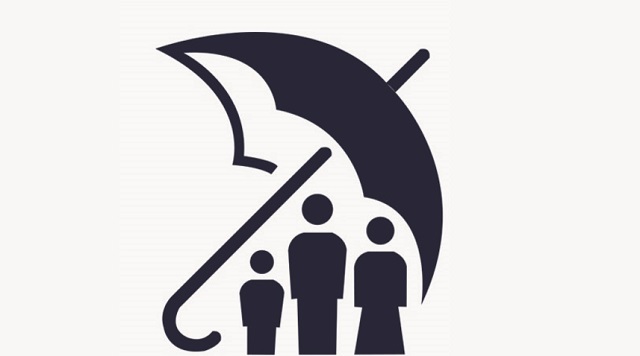
Kampala, Uganda | THE INDEPENDENT | Ugandans and companies buying insurance policies will likely pay higher premiums after insurance companies discovered widespread fraud by hospitals and some customers in the medical insurance side.
The increased premium cost is a direct impact of fraud in insurance with insurers moving to cover that risk.
It is not yet clear by what margin the cost of premiums will raise but several players said insurers will seek to transfer cost of investigation and allowance for fraud to innocent customers.
Abel Muhwezi, an investigator at the insurance fraud investigations unit at the Insurance Regulatory Authority (IRA), said fraud increases cost of insurance cover.
At the start of this month, several insurance companies blacklisted several hospitals for having been engaged in insurance fraud. The fraud was commissioned by Uganda Insurers Association (UIA) and done by consultancy Mash Research Africa.
The fraud, which included fictitious claims, treating non-card holders, conducting unnecessary checks and using the two-tier pricing where cardholders were charged highly than cash holders. Through this, claims run in billions of shillings.
Fraudulent claims and the cost of investigating suspected frauds lead to higher premiums for honest customers, according to a study by Insurance Europe, the EU insurance and reinsurance federation.
Also, as insurance companies indulge in investigating fraud, it will impact their ability to deal with genuine claims quickly.
For unsuspecting customers, one analyst said, the health insurance can lead to physical harm.
This is because some hospitals subject them to unnecessary and sometimes dangerous procedures to claim insurance.
The immediate impact of the revelation of fraud would be dwindling trust in the sector, especially for the innocent customers whose covers are burned quickly because of fraud.
Uganda’s insurance penetration is still at dismal 1%.
But Brenda Namuganga, an insurance agent with Bartlett, said while the revelation might have trust issues on the industry, the revelation is to raise confidence that they are trying to root out fraud.
For the hospitals blacklisted, Namuganga said, insurance is their lifeline, driving traffic to their hospitals. Most hospitals make more money on insurance clients than those who pay with cash.
They will push to get back, with new contracts with the insurers. She said the suspension is temporary and some have already started renegotiating their contracts.
International Medical Centre (IMC), one of the hospitals terminated by several insurance companies, says it has “not engaged in the claims raised and consider the termination premature and unfounded.”
Insurance fraud is as old as insurance itself. In order to catch cheats, insurers are turning to data analytics to uncover trends and patterns on member and provider behaviour, according to several journals on the internet.
Suspicious claims are flagged red and companies take their time before they pay them. Players in the insurance industry hope with this they can reduce on the extent of fraud in the sector.
******
URN
 The Independent Uganda: You get the Truth we Pay the Price
The Independent Uganda: You get the Truth we Pay the Price



